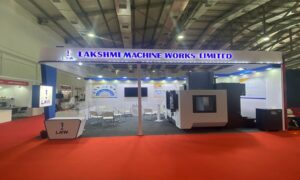The heat pump is quickly becoming the technology of choice by industrial manufacturers scrambling to meet ever-stricter environmental rules.
Nowadays, the heat pump is quickly becoming the technology of choice by industrial manufacturers scrambling to meet ever-stricter environmental rules, reduce CO2 emissions as well as their operational costs. Indeed, major food manufacturers are now starting to see the significant benefits of using heat pumps in their production processes, especially those that require the application of heat during preparation and subsequent chilling.
Heat pumps convert renewable or waste energy from buildings and processes to provide heating. For example: during cooling, refrigeration systems emit heat from a condenser, which is simply released into the environment. The heat pump captures this valuable resource and then boosts the temperature to produce heat suitable for other production purposes. When a heat pump is combined with a refrigeration unit, both cooling and heating are possible, turning one-time use into a continuous cycle.
What that means
Utilising heat pumps can result in up to 70 percent increase in heating performance, 90 percent reduction in CO₂ and NOx emissions, huge costs savings from reduced energy usage and a significant reduction in water consumption. All applications can reduce the size of boiler and condensing equipment. In some cases, the boiler can be turned off completely or omitted from a new build.
For more info, visit: www.gea.com
Cookie Consent
We use cookies to personalize your experience. By continuing to visit this website you agree to our Terms & Conditions, Privacy Policy and Cookie Policy.















